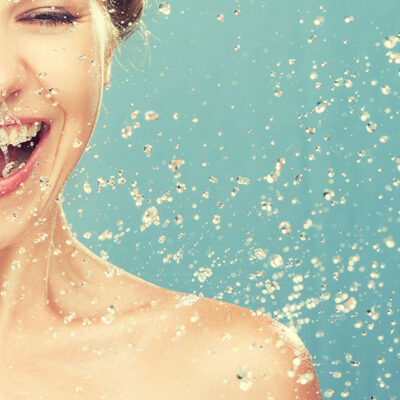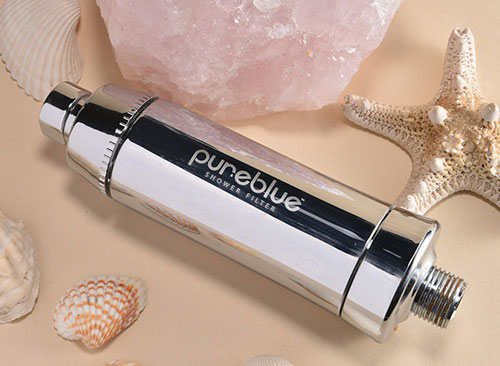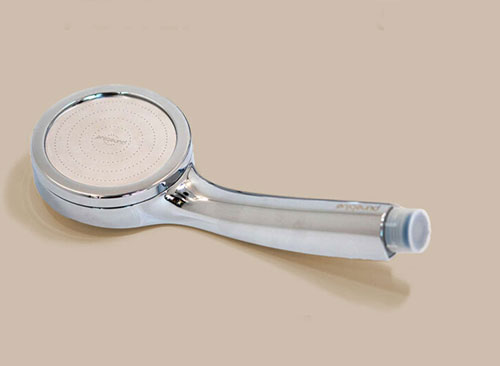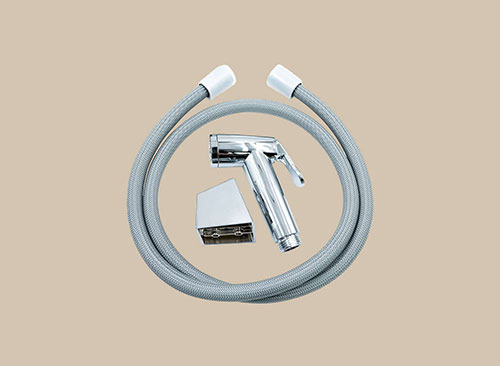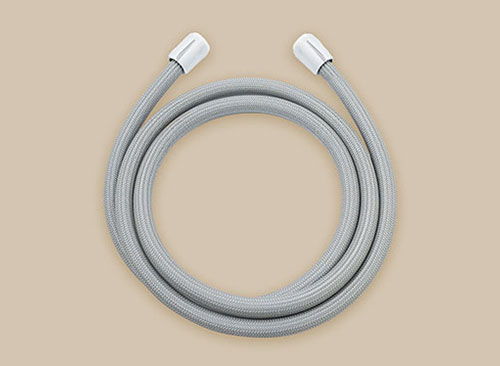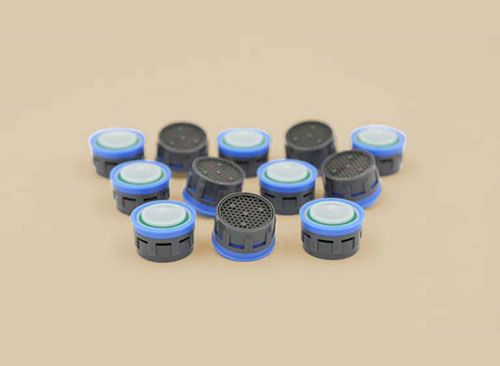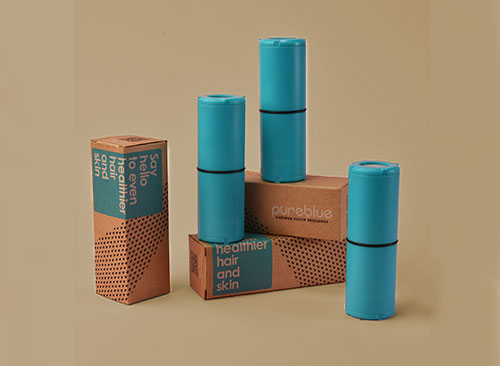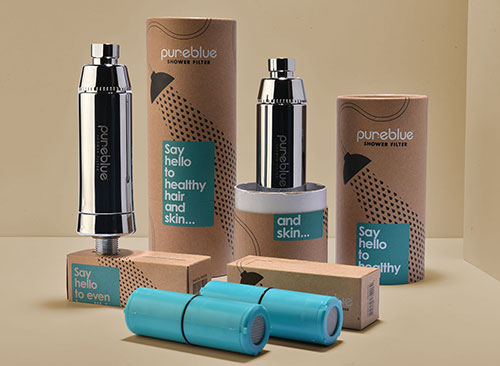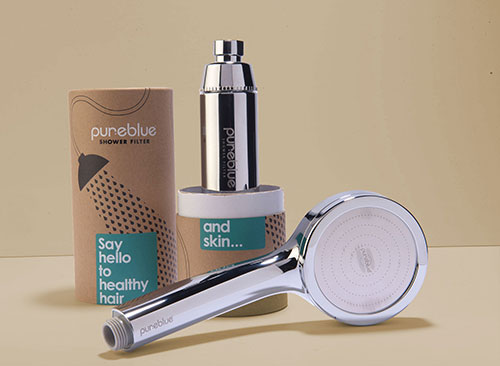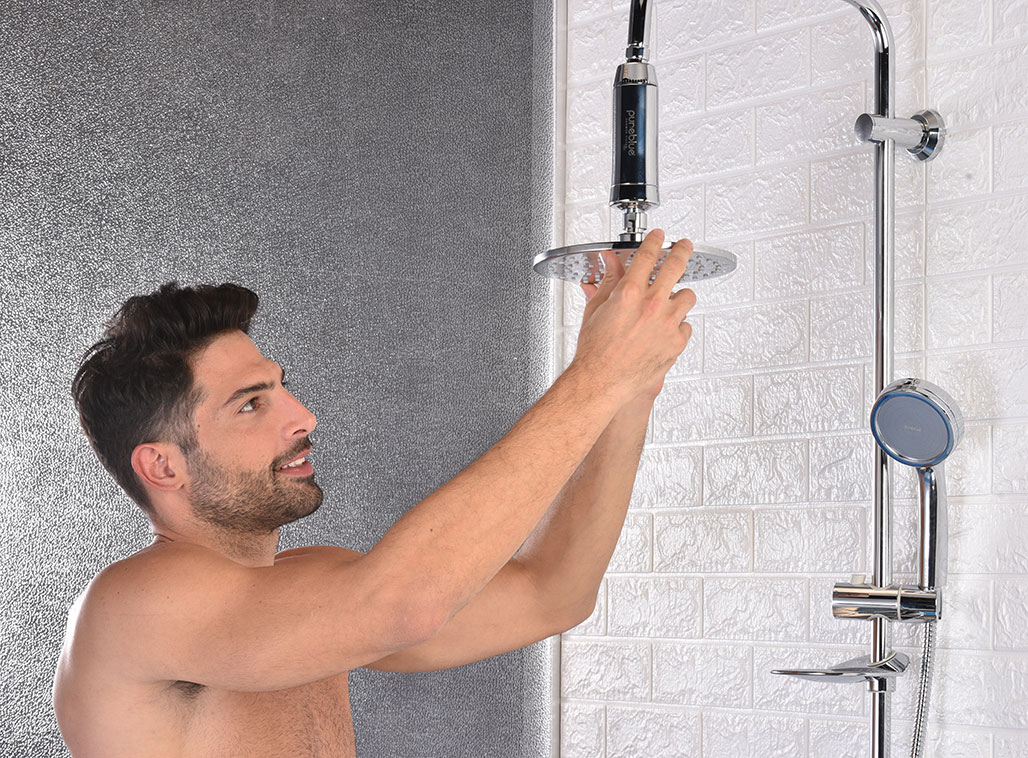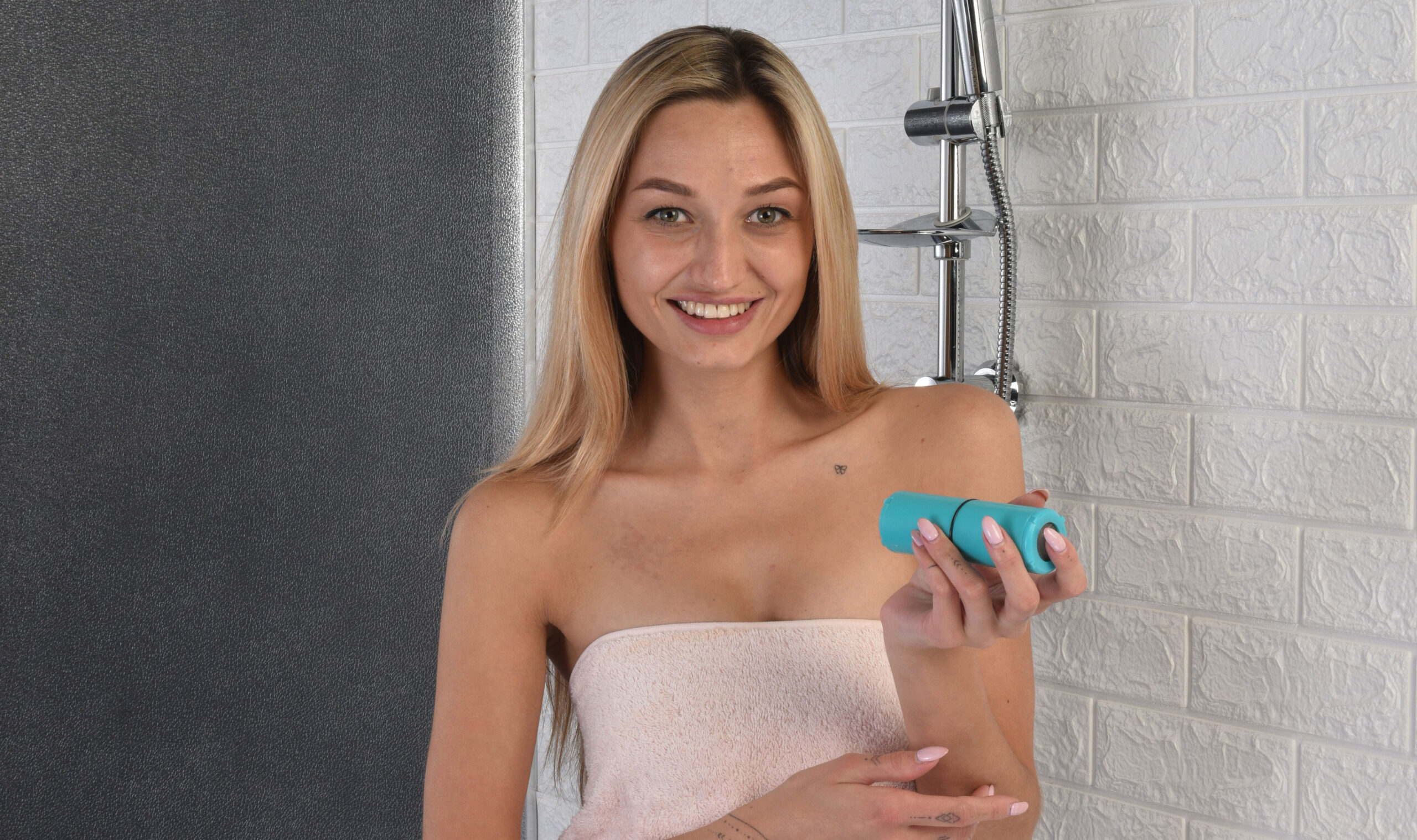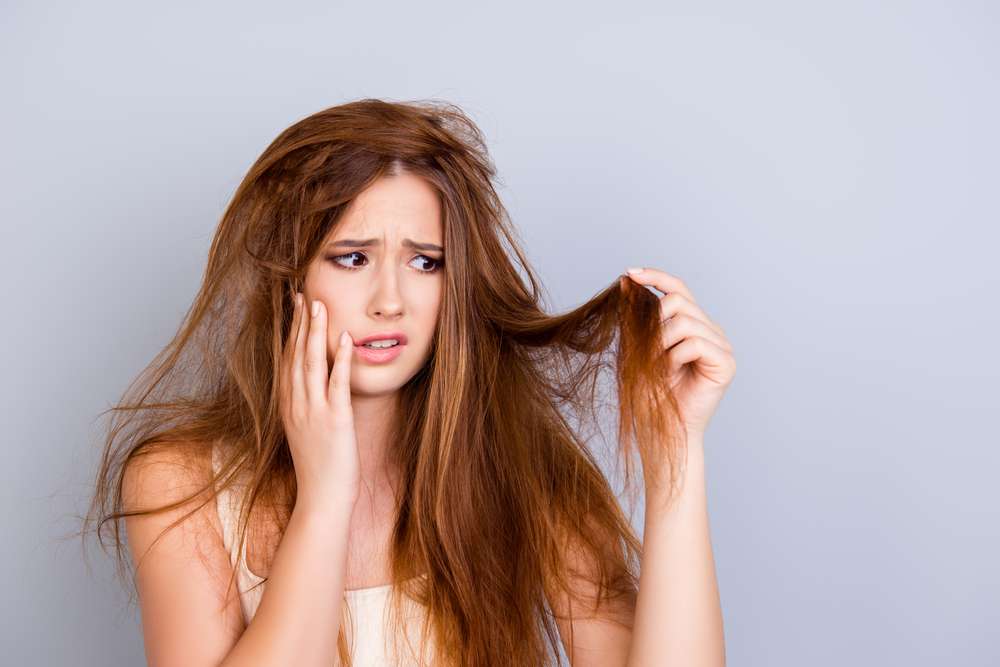How much do you know about chlorine, really? Most of us associate the chemical with swimming pools during summer, but it usually doesn’t go farther than that. Chlorine is found in a lot of everyday places, such as paper, textiles, paint, insecticides, and even medicines and drinking water. In bodies of water such as pools, shower water, and drinking water, it is needed to kill bacteria and remove unpleasant odors.
Now if you know a little bit more about chlorine, you might think of it as a necessary evil. Although it has life-saving benefits when it comes to drinking water especially (think waterborne diseases such as cholera and typhoid fever), chlorine can have detrimental effects on skin and hair. Read on to discover the effects of chlorinated water on hair and some measures you can take to reduce or stop the damage.
Effects of Chlorinated Water
- Dry hair: Chlorine sucks the moisture out of your hair leaving it dry and straw-like.
- Damaged hair and split-ends: Chlorine can make your hair tangled and hard to comb.
- Changes to hair color: chlorine can change the color of your hair. The most common side effect is green hair for blondes.
- Hair loss: this one is a common concern and the main reason why many people won’t step foot in a pool. It is worth noting that chlorine doesn’t directly cause hair loss, but the hair dryness, brittleness, and breakage make it more prone to falling out.
Luckily, there are a number of things you can do to at the pool and at home to blunt the damage.
Before getting in the pool
- Wet your hair with fresh tap water, as this can help reduce some of the damage and decrease chlorine absorption. Wet hair is less vulnerable to the effects of chlorine than dry hair.
- Apply coconut oil or a deep conditioner to form a protective layer that will prevent some of the chlorine from being absorbed.
- If all else fails, you can always wear a silicone hair cap. This is the most effective step.
After getting out of the pool
- Immediately rinse out your hair with water or shampoo if possible to get rid of as much chlorine as possible.
- Apply a restorative protein mask, like a keratin mask. Be careful to comb hair gently afterwards since friction from a brush or comb can increase breakage on wet hair.
- Get frequent trims (every 4-6 months) if you have damaged or split ends
- If the damage is a bit more intense or long-lasting, consider washing your hair with a clarifying shampoo or making your own version at home with apple cider vinegar.
In the Shower
Although not as heavily chlorinated, shower water can have an equally detrimental effect on your strands because of repeated exposure. If you constantly deal with dry, damaged, or color faded hair, although you swear you use only the best and highest-quality products, your shower water may be to blame. Depending on where you live, your city or municipality may be adding a quite high level of chlorine in residents’ water. There really is only one solution, and it’s a simple one: filtering your shower water. That’s where we come in ↓
The Revolutionary Pure Blue Shower Filter
Our patented shower filter has been tested and shown to remove 98% of chlorine and hardness impurities in shower water. Using American-patented KDF 55 (a highly potent substance at chlorine elimination) and a mixture of calcium sulfates, the Pure Blue shower filter truly stands out as a revolutionary filter in the market. And no worries, the filter works on almost all shower types (both handheld and rain/fixed showers) and comes with an in-depth installation guide, no special tools or plumber needed. Our filter also comes with a one-year warranty when you purchase at h2opureblue.com/shop.
Give it a try today; you’ll be amazed at the instant results. Yes, your hair CAN look that good!






